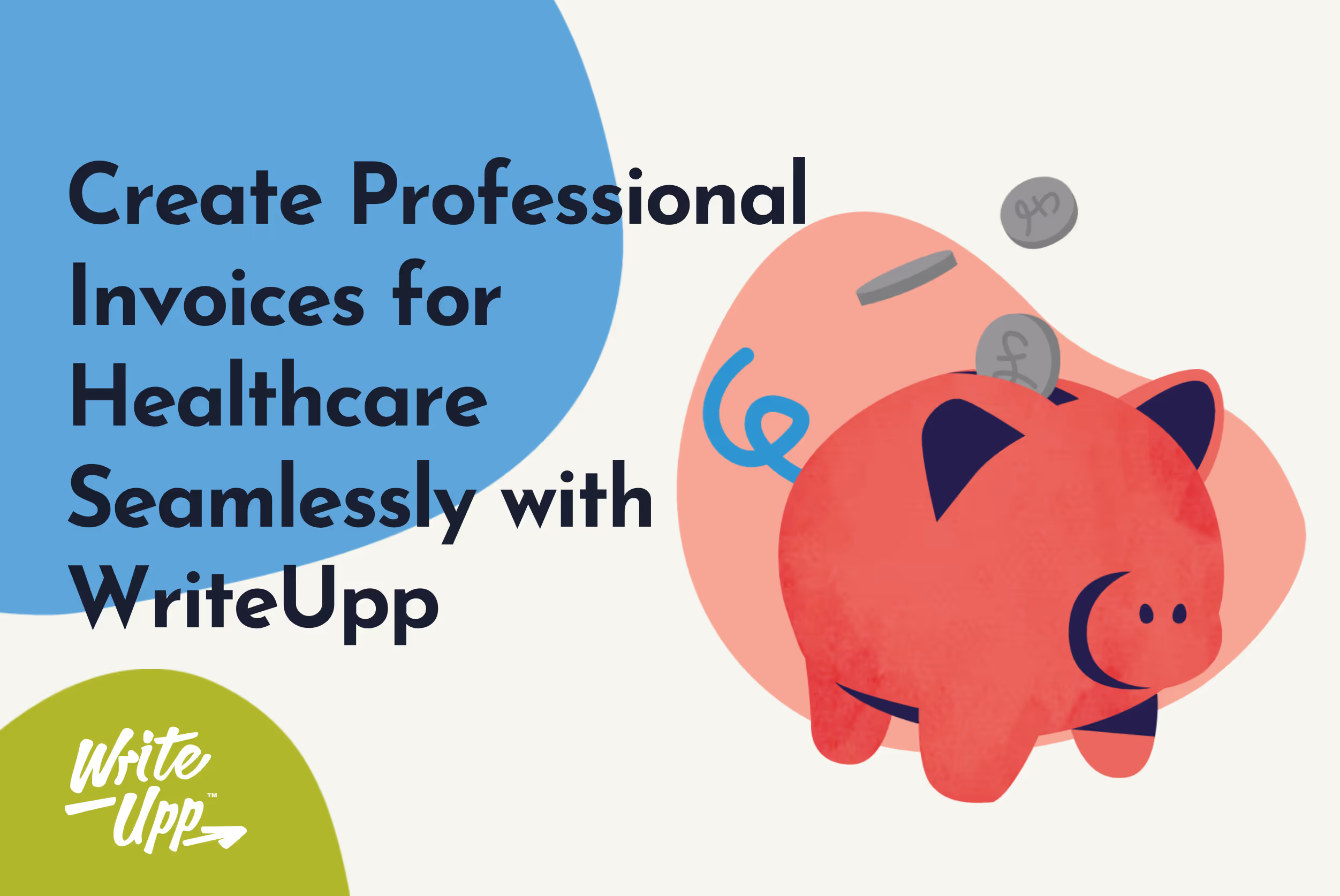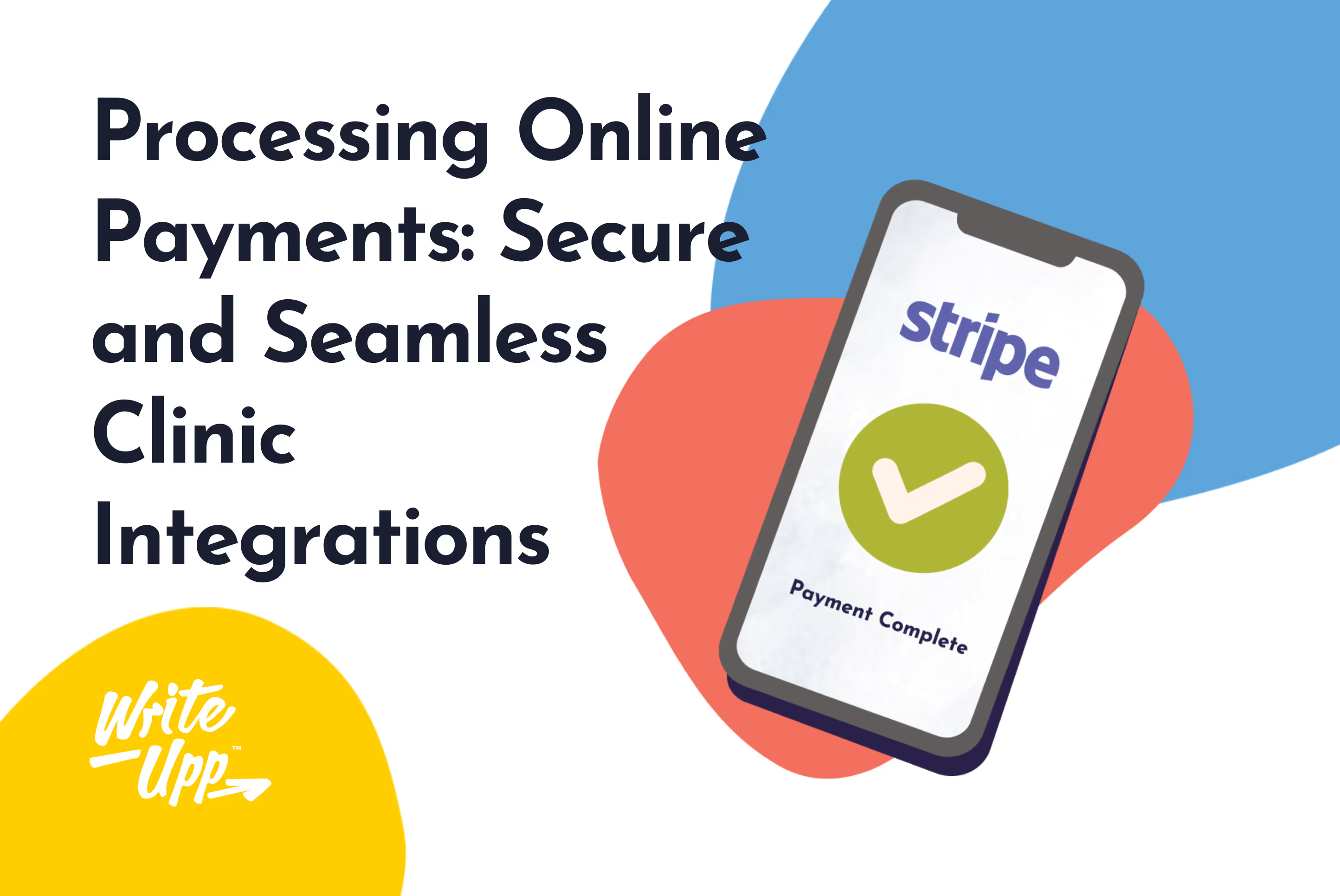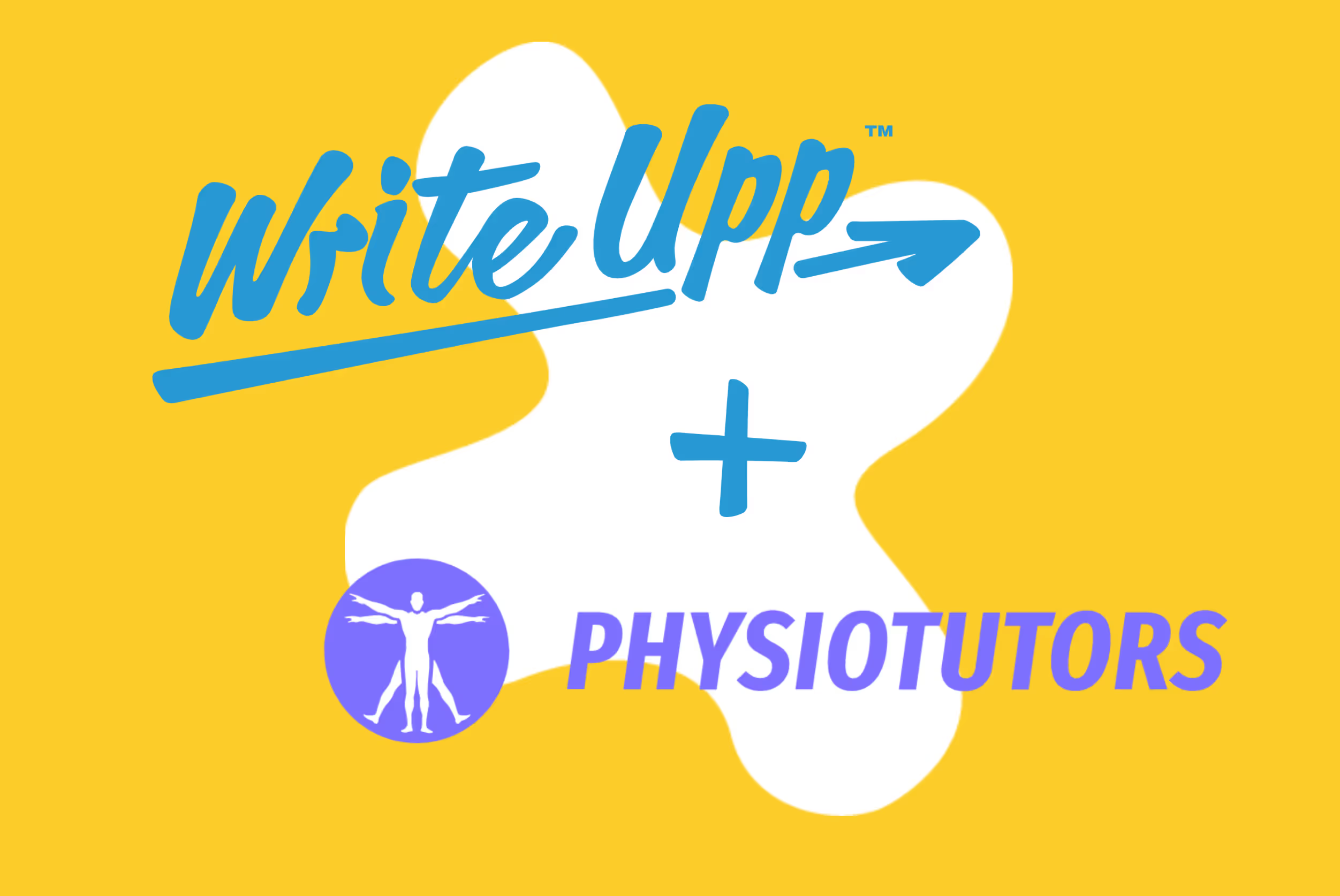Self-awareness is a crucial skill in counselling, aiding in understanding thoughts, emotions, and behaviours. It benefits both the client and the counsellor. Through self-awareness, counsellors:
- Engage in personal growth by understanding their beliefs, values, and biases, which ensures effective sessions and management of personal reactions.
- Enhance the therapeutic process, creating a safe environment for clients. Recognising their own triggers allows counsellors to be more empathetic, fostering trust and deeper client exploration.
- Manage their emotions better, focusing on clients and minimising biases.
- Drive their professional growth, refine their therapeutic techniques, and address personal blind spots.
- Develop stronger therapeutic relationships by respecting and understanding clients' diverse backgrounds.
Self-awareness enhances counselling effectiveness, promoting personal and professional growth, strengthening therapeutic relationships, and ensuring optimal client outcomes.
What is Countertransference?
Countertransference involves a therapist's emotional reactions and biases during therapy, originating from psychoanalysis but now recognised across therapeutic modalities. While trained to remain objective, therapists have their emotions and experiences, which can lead to emotional responses towards clients, potentially mirroring clients' feelings or projecting their issues onto them. This can affect therapeutic boundaries and processes.
Awareness of countertransference is vital, as it impacts therapeutic outcomes. Therapists must discern their emotions from their clients' to avoid imposing their beliefs and remain client-centred. Regular supervision and personal therapy help therapists manage countertransference, offering insights and growth opportunities.
While countertransference can offer valuable client insights, it's essential for therapists to stay self-aware, using such reactions as exploration tools without hindering therapy. Ultimately, therapists can provide more unbiased, effective client support by understanding and managing countertransference.
Using Transference to Help Your Client Grow
Transference, the unconscious transfer of feelings from past relationships onto a therapist, offers a potent opportunity for personal growth in counselling.
Clients often replay old relational dynamics with their therapist, echoing feelings from past relationships. This allows therapists to delve into the client's unconscious patterns and emotions.
By navigating transference, therapists provide clients with a corrective emotional experience, helping reframe past traumas and foster healing. Therapists must ensure a safe therapy environment and awareness of their countertransference. Proficiency in handling transference, grounded in relevant theories, promotes client self-awareness and healing. When encountered, therapists should see transference as a chance for healing and growth.
How to Recognise and Avoid Biases
Recognising and mitigating biases is essential, especially in counselling, where unbiased support is critical. Biases can distort judgment and disrupt the therapeutic process. Professionals can pinpoint and address biases through self-awareness, self-reflection, and introspection.
Seeking feedback from peers and clients offers insights into unrecognised biases, fostering personal growth. Exposure to diverse perspectives, literature, and cultural training expands understanding and challenges biases. Active listening, free from judgment, deepens client understanding. Challenging our assumptions and updating beliefs based on new information ensures effective client support.
Addressing biases improves therapeutic outcomes, enhances professional competence, and promotes a just, empathetic society.
Having and Maintaining Competency
Competency is essential for professional counsellors, encompassing not just qualifications but also the ongoing refinement of skills. To maintain competency, counsellors should:
- Stay updated with current developments, theories, and best practices through professional development activities like conferences and workshops.
- Pursue additional training in areas of specialisation, offering tailored support to clients.
- Engage in self-reflection and seek guidance from experienced professionals, identifying strengths, improvement areas, and biases.
- Adhere to ethical guidelines and professional standards, ensuring integrity and professionalism.
- Continuously evaluate their counselling methods using client feedback and assessment tools, adapting interventions for effectiveness.
Maintaining competency involves continuous learning, self-assessment, ethical practice, and evidence-based interventions, ensuring the highest quality care and positive client outcomes.
Remember Your “Why”
In counselling, recalling your "why" is vital – the core reason you entered this field. This deep-seated passion for aiding others can reignite your purpose, especially during challenges, keeping you resilient and focused.
Embracing your "why" ensures authentic therapy interactions, fostering a trustful therapeutic relationship and enhanced outcomes. It offers perspective, reminding you of your larger impact and preventing burnout.
Regularly revisiting your "why" and practising self-care in private practice promotes alignment with your values and continuous professional growth. In essence, your "why" is a grounding force in counselling, driving authentic, impactful practice for both client betterment and your own professional fulfilment.
Four Ways to Build Self-Awareness
Building self-awareness is critical to personal and professional development, especially in counselling. Self-awareness allows counsellors to understand better themselves and their emotions, which helps them navigate their own biases and better support their clients.
If you're looking to strengthen your self-awareness skills, here are four effective strategies to consider:
1. Practice Mindfulness
Mindfulness involves paying attention to the present moment without judgment. By engaging in mindfulness exercises, such as meditation or deep breathing, counsellors can increase their self-awareness by focusing on their thoughts, feelings, and bodily sensations. This practice helps cultivate a deeper understanding of oneself and enhances the ability to respond consciously rather than instinctively.
2. Seek Feedback
Feedback or clinical supervision from others can be valuable in building self-awareness. Engage in open and honest conversations with colleagues, supervisors, or even trusted friends or family members about your strengths and areas for improvement. Actively solicit feedback from others and consider their insights objectively. This external perspective can offer valuable insights and help identify blind spots that may hinder your effectiveness as a counsellor.
3. Reflect on Personal Experiences
Reflecting on personal experiences can offer valuable insights into our emotions, triggers, and behaviour patterns. Setting aside regular self-reflection moments allows counsellors to understand better their internal experiences and how they may impact their counselling practice. Consider journaling or engaging in regular self-reflective practices to explore your beliefs, values, and reactions to various situations.
4. Engage in Personal Therapy
Personal therapy is a core component of the counselling profession. Counselling allows you to experience therapy from the client's perspective and gain insights into your emotions, vulnerabilities, and barriers to growth. It provides an opportunity for self-exploration, helps identify unconscious biases, and enhances empathy and understanding toward clients. Personal therapy can be a transformative journey that strengthens self-awareness and improves your effectiveness as a counsellor.
Building self-awareness is an ongoing process that requires dedication and commitment. Incorporating these strategies into your daily routine can help you better understand yourself, enhancing your ability to connect with and support your clients. By cultivating self-awareness, you become a more effective counsellor and embark on a personal journey of growth and self-discovery.
How Software Can Help You Run Your Counselling Practice
Enhancing your self-awareness enables you to improve your effectiveness as a counsellor in your client interactions. WriteUpp, a cutting-edge practice management software, can streamline your practice and enhance your counselling journey.
Private practice software like WriteUpp is easy to use and affordable, and it lets you take client bookings online, reduce admin time, and improve the overall client experience.
Learn more: Essential Systems and Processes for Healthcare Professionals
Because your software streamlines your admin, you’ll have more time to concentrate on building your practice and taking care of your clients.
Basically, it’s there to save you time and worry!
You’ll spend less time looking for information, preparing notes, and writing client emails and text messages, giving you more time to grow your practice.
With just a few clicks, you can access a ton of features, including:
- Taking bookings from your clients online, 24/7
- Eradicating repetitive & time-consuming tasks
- Accessing reporting to analyse your business income
- Eliminating paper
- Improving your client’s experience
- Simplifying your compliance with key regulations like GDPR
- Reducing the threat of virus transmission
You can grab us for a live chat if you have any questions about what an integrated practice management solution can do for you and your practice.
The button is just there in the bottom right corner of your screen.



Join over 50,000 clinicians that we've helped using WriteUpp
Start my free trial






